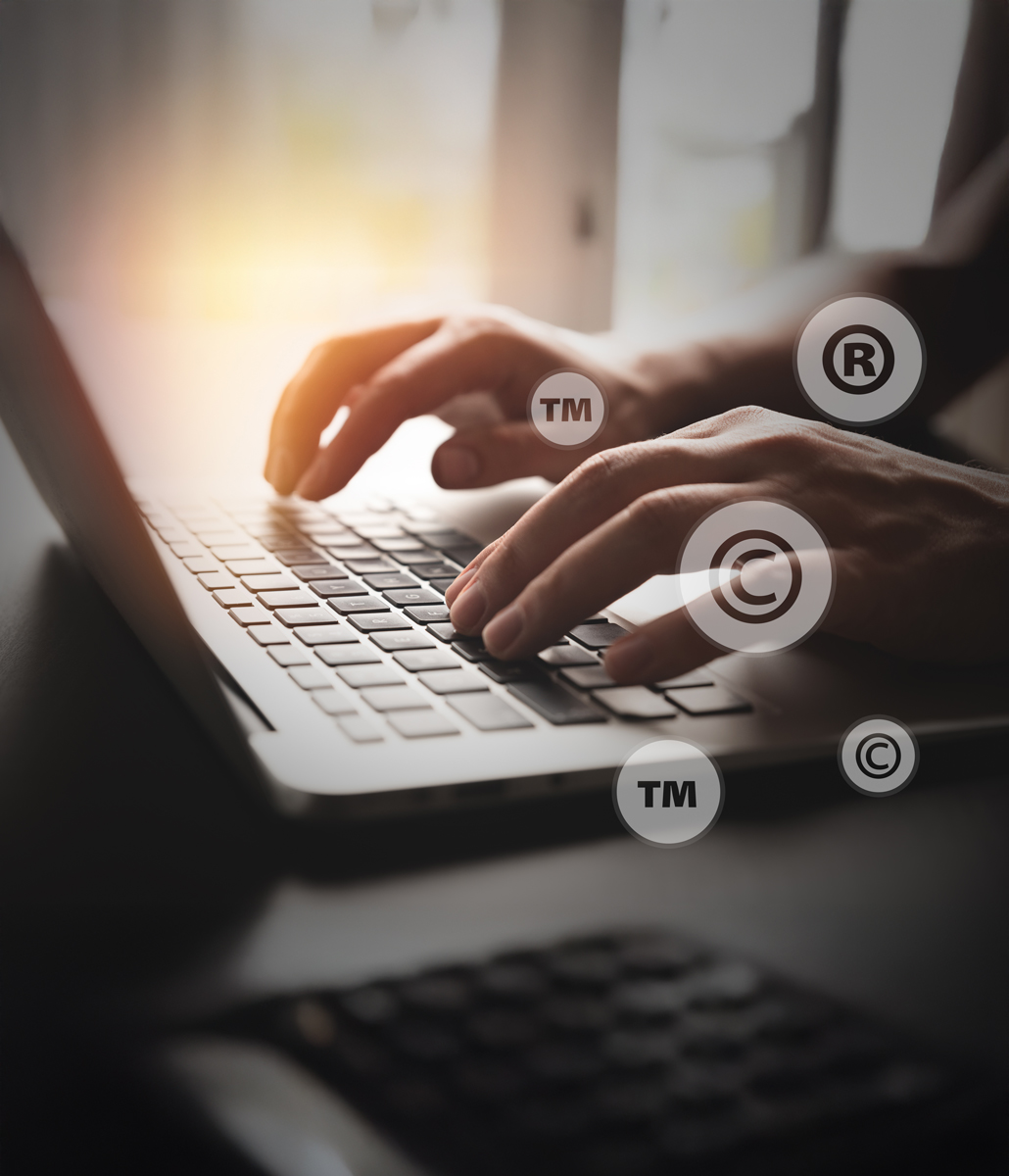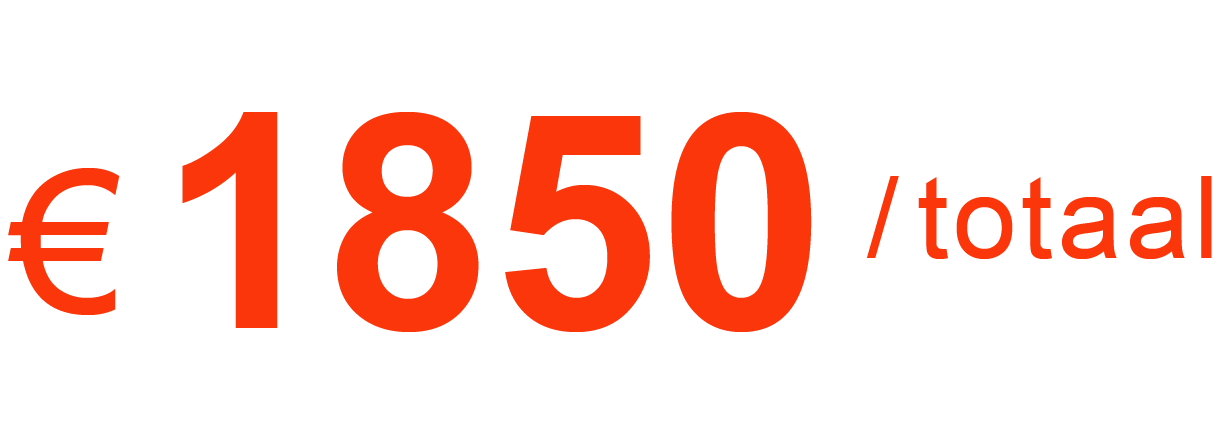What is a trademark and why do you need one? You've likely heard the term 'trademark.' However, it may not be clear how trademarks can benefit your own business in America.
Trademarks in America fall under the broad umbrella of 'intellectual property,' alongside copyrights and patents. Intellectual property protection can be a vague and complex area of law and business.



It's often thought that if you register a U.S. business name with an entity, such as in Florida with Sunbiz, no one else can use your name. However, that's not the case. Registering a trade name does not grant any rights. Unlike in Europe, where you secure your name with the Chamber of Commerce in combination with a domain name, this creates a strong foundation to claim your business name. Therefore, it's important to take multiple steps to protect your trademark.

Generally, trademarks apply to logos, symbols, and branding. Patents cover inventions and innovations, while copyrights protect creative works. They are all designed to ensure others cannot profit from your ideas or work.
On this page, we focus on trademarks for your American business. In the U.S., these applications and the management of registrations are handled by the USPTO, which stands for the United States Patent and Trademark Office.
Think of the red associated with CocaCola or the blue of KLM. A particular color can also be a trademark. The bitten apple is associated with Apple computers; that specific symbol is a trademark. Both the distinctive rainbow color and the well-known Apple logo ensure immediate brand and product recognition for the consumer.


Some entrepreneurs assume that trademarks are only for global brands like Coca Cola or BMW. However, protecting your brand and brand identity is just as important for small businesses as it is for large corporations.
Brand logos are the most obvious and frequently registered items for small businesses. However, trademarks can also be used for words, symbols, packaging, and even sounds. The assessment of trademarks is conducted on a case-by-case basis. If you're curious if your brand identity can be registered as a trademark, a U.S. attorney should evaluate it.
Experts recommend making your company logo and other branding as unique as possible. This serves two purposes:
Trademarks are a crucial step in protecting your brand identity. They prevent competitors from imitating you and can offer some protection if those imitators engage in activities that might harm your reputation.

We operate with full transparency by offering all-inclusive rates. This way, you know exactly what to expect! That's why all prices are available online.

Registering your trademark with the USPTO (United States Patent and Trademark Office) establishes rights across the entire United States and its territories, and it includes your registration in the publicly accessible database of registered trademarks. You can use the ® symbol and generally rely on those rights to protect your trademark as you expand your business from Europe to the USA. However, the USPTO is not an enforcement agency, meaning you are responsible for pursuing anyone who infringes on your trademark. This involves issuing the well-known "Cease-and-Desist Letters."

We recommend conducting daily monitoring. Every day, our attorney checks the USPTO database for new applications or registrations that may infringe on your trademark. If someone is found to be infringing, further steps can be taken in consultation. A trademark's effectiveness hinges on the protection you provide it.
Once your trademark is registered in the U.S., it is important to actively monitor your trademark rights. Trademark infringement can never be fully prevented. The best course of action is to respond as promptly as possible.
A specialized trademark attorney will investigate whether your trademark is permissible in the USA.
We gather all necessary documents for the application and draft the statement of purpose for the submission.
Our attorney handles the application, including the statement of purpose, and addresses any questions from the USPTO.
Daily monitoring ensures that any trademark infringement is detected, and legal action is taken if necessary.



